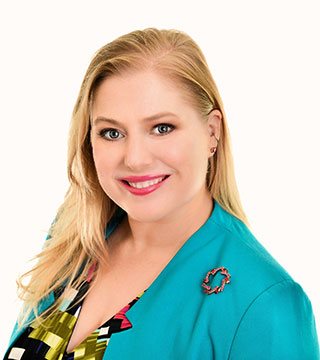Florida’s Judicial Ethics Advisory Committee recently issued an opinion regarding judges’ online social networking activities. When asked whether a judge may add lawyers who may appear before the judge as “friends” on a social networking site, and permit such lawyers to add the judge as a “friend,” the JEAC answered, “No.” (You can be fans of judges you appear before, you just can’t be their friends, January 1 News.)
 The committee explained that when a judge calls a lawyer a “friend” in everyday conversation it does not mean that the lawyer is in a special position to influence the judge. Yet in the eyes of the committee, listing lawyers who may appear before the judge as “friends” on a judge’s social networking page conveys to others the impression that these lawyer “friends” are in a special position to influence the judge.
The committee explained that when a judge calls a lawyer a “friend” in everyday conversation it does not mean that the lawyer is in a special position to influence the judge. Yet in the eyes of the committee, listing lawyers who may appear before the judge as “friends” on a judge’s social networking page conveys to others the impression that these lawyer “friends” are in a special position to influence the judge.
This opinion makes the assumption that when a judge clicks “accept friend” for a lawyer, the judge is defining the relationship more meaningfully than the judge would by saying aloud that the lawyer is a friend.
But lawyers and judges are friends with each other. They exercise at the same gyms, work together, attend and teach school together, and share membership in clubs or religious groups or even families. They share true friendships, forged over years. These true friendships, based on common interests or time spent together, neither place lawyers in a special position to influence judges in the eyes of the committee nor convey the impression that lawyers have such a position in the judge’s favor. Meanwhile, the act of clicking “accept friend” is seen to convey a position of influence.
However, no special position of influence is conveyed by lawyers hosting fundraising events for incumbent judges in election years. Lawyers may chair committees to elect judges without reproach. Lawyers may individually contribute up to $500 per judicial campaign, and may even hand a check over in the morning and appear before the same judge in the afternoon.
Regular users of social networking sites recognize the superficiality of their online “friendships.” Online “friends” merely agree to broadcast their posted information in exchange for the information you broadcast. No such impression of undue influence on a judge can be conveyed by such a superficial connection. Those who lack true friendships with judges, such as starting lawyers or lawyers from outside the locality, are at a disadvantage when they are barred from establishing online connection.
Link to the The Florida Bar News
Here’s the other articles you can check out:
- Miami Herald Business Makeover
- Muir and Associates Supports Moving Day
- FLORIDA BAR NEWS COVERS 1ST ANNUAL LEGAL EAGLE
- Muir Named 2016 Super Lawyers Rising Star

 Facebook Friendships Between Judges and Lawyers? In Florida, Not So Much…
Facebook Friendships Between Judges and Lawyers? In Florida, Not So Much…
